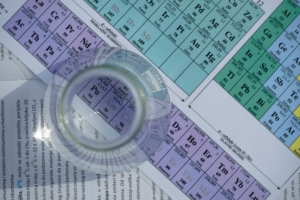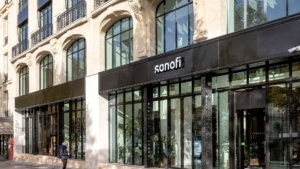Cancer is a gate-opener to data sharing
A brand-new survey conducted by auditing and consulting firm PwC and Strategy& has found out that 80% of data protection-prone Germans would share their data in case of being diagnosed with cancer. The results show that cancer could act as a gate-opener to approaches in personalised medicine that depend on the accessiblity of patient data.
According to the representative survey, 67% of Germans are afraid to be diagnosed with cancer. Accordingly, there is a high interest in cancer research. 86% of respondents said research on cancer is "very important", for further 11% it is "important". Most Germans (80%) expect universities to achieve success in cancer research. PwC believes citizens are ready to contribute to R&D: eight out of ten respondents said they would support the use of personalised patient data if shorter developmental time of cancer drugs were achieved – despite potentially higher risks for individual patients. And 78% said, they would pass on their data for cancer research to trustworthy institutions, preferrably universities (64%), oncologists (53%), hospitals (42%). Research-based pharmaceutical companies ranged at the end of that confidence scale (22%). According to PwC, only 3% of respondents insisted not to release their data. According to a survey conducted by the Institute for Society and Communicationsacross in April 2016 across eight EU member states, only 42% of Germans said they would give access to their anonymised medical records if they helped improve diagnosis and treatments.
Almost a fifth of repondents said that they would like to have a compensation for data sharing in form of lower health insurance contributions (11%) or adequate pay (7%). However, one third (31%) would provide data for free. More than a quarter of repondants (28%) said they would welcome the need to make anonymous provision of data mandatory.
Concerning the cost of cancer therapies, German seemed split: 59% of of the respondents said that additional costs were justified, if the benefit for the cancer patient had been proven. 25% believed that cancer drugs were generally overpriced.
The survey, which was paid from PwC’s PR budget, backs current activities and M&As of drug giants such as Roche to build large databases of tumour profiles and patient data for correlation analysis in cancer diagnosis and R&D. Oncologists and pathologist, last year warned that a shift from diagnostic data from the public space to not accessible company databases would be detrimental to cancer research. However, latest analysis of the German think tank Stiftung Neue Verantwortung (Foundation New Responsibility) recommends not to establish closed data user groups and not to force people or to put social pressure on them to share their data.




 SANOFI
SANOFI